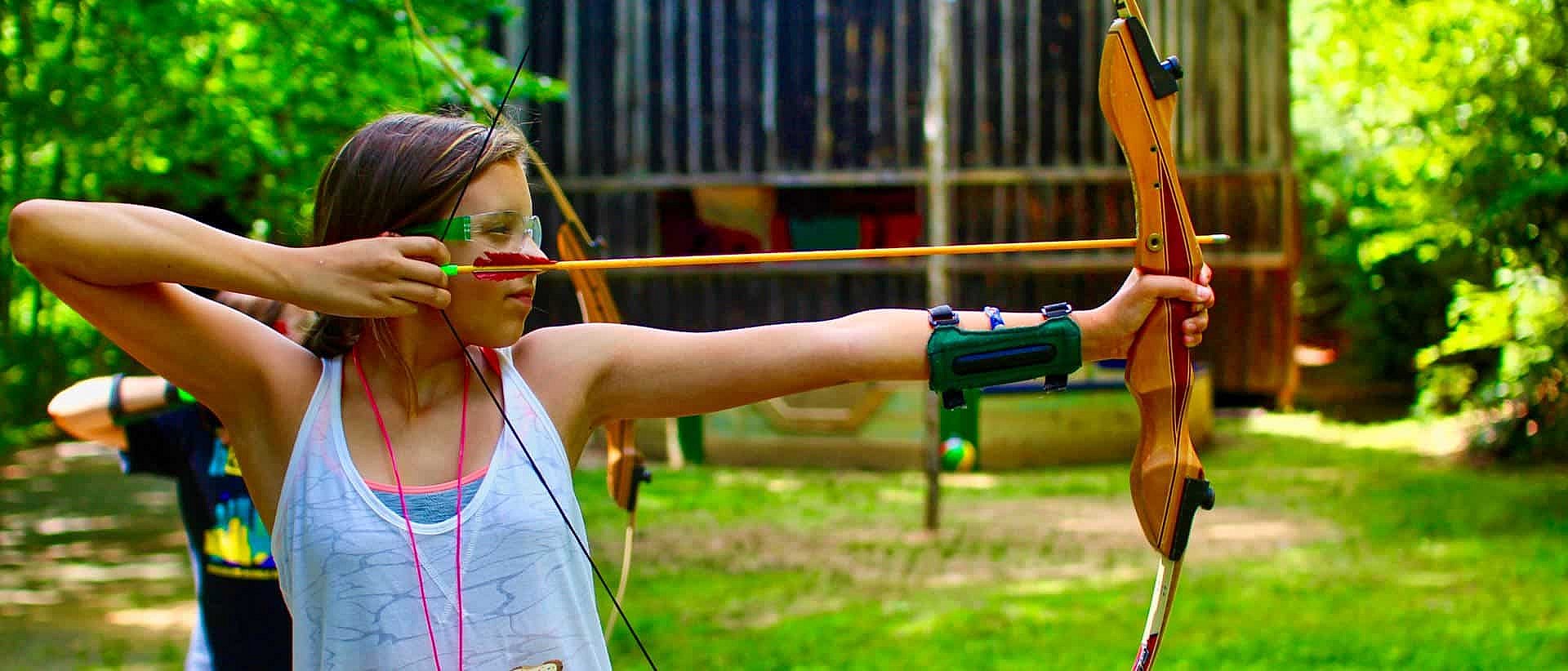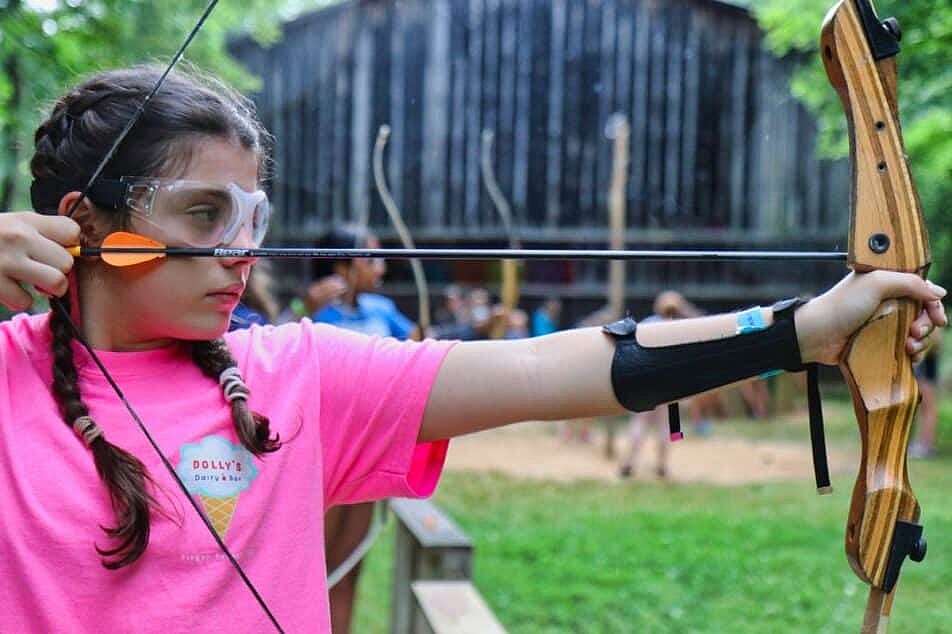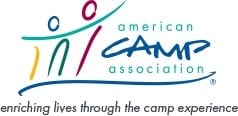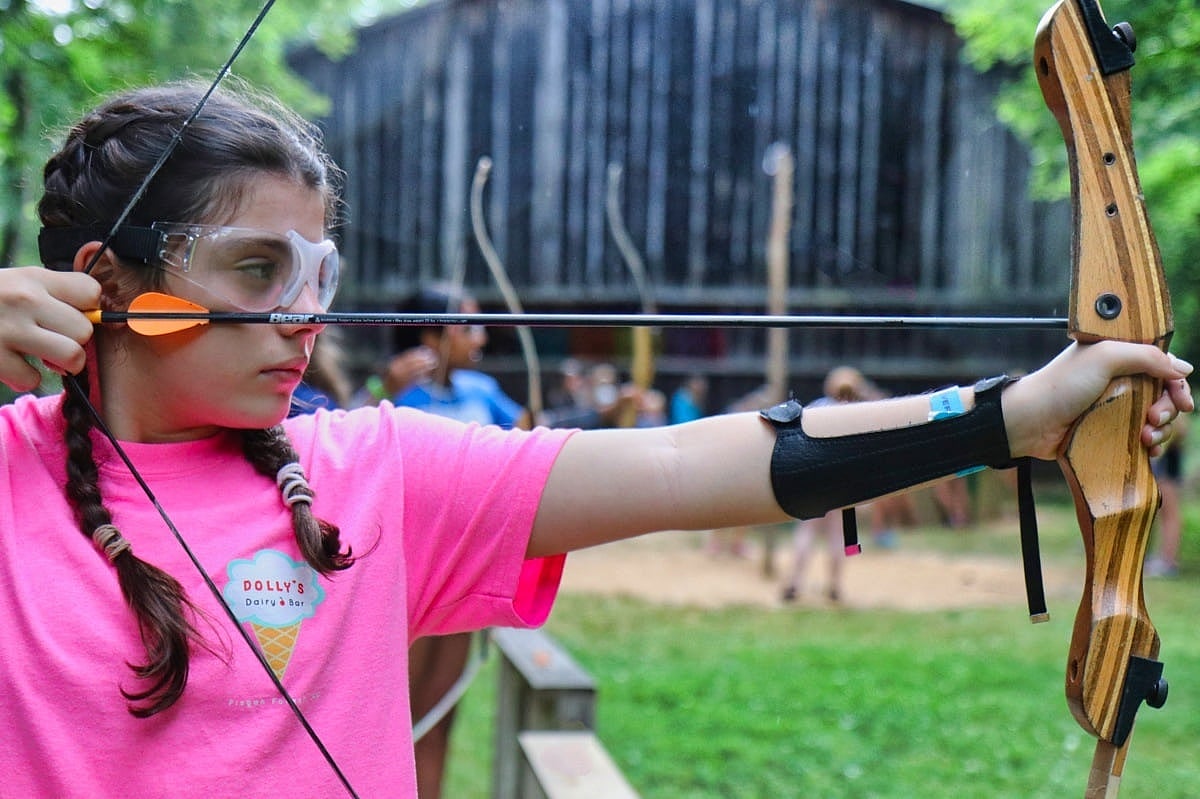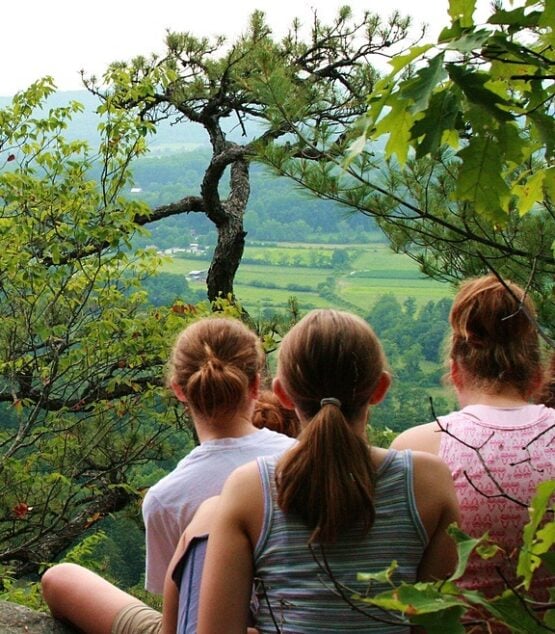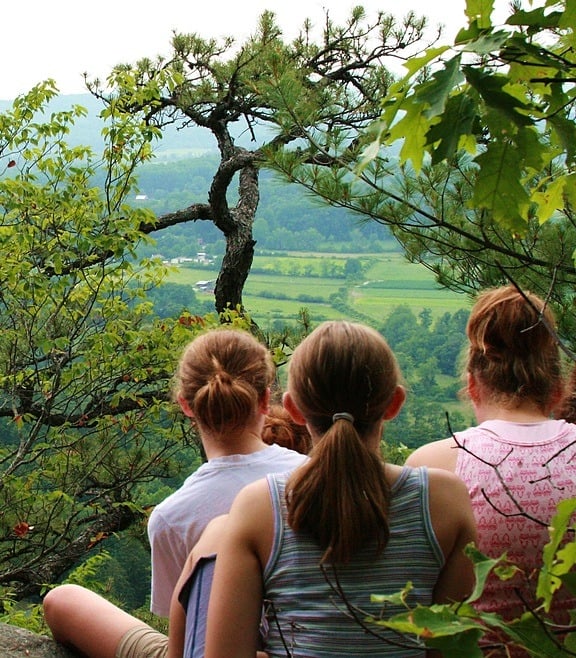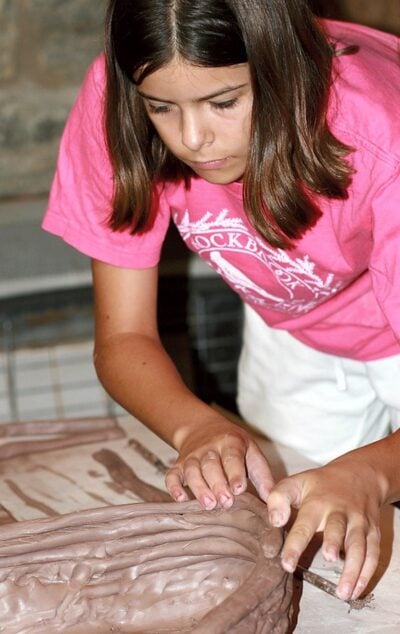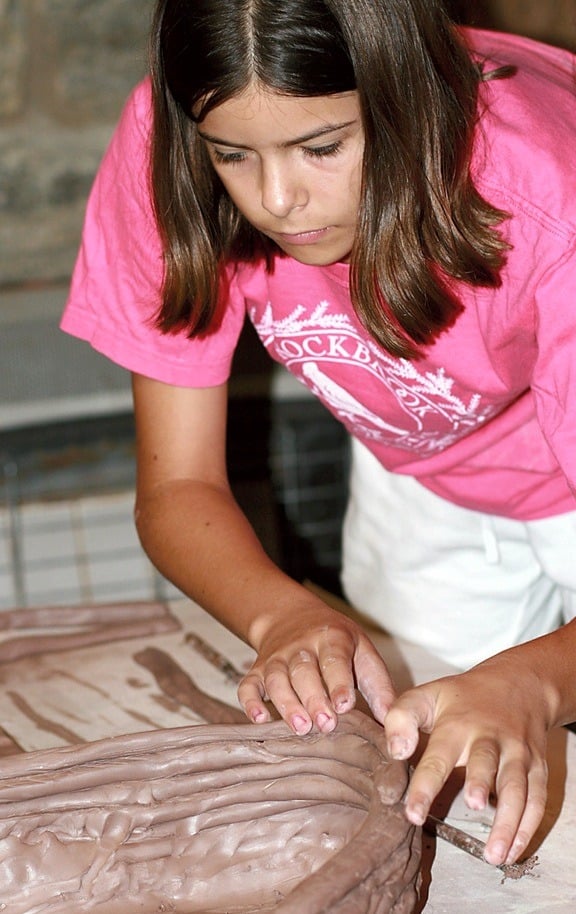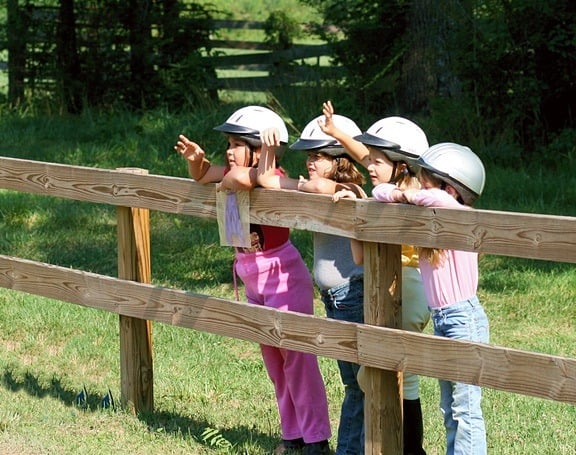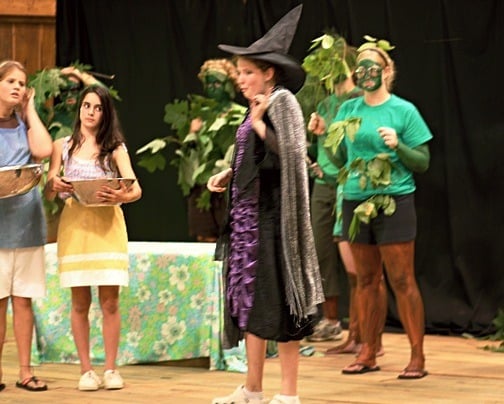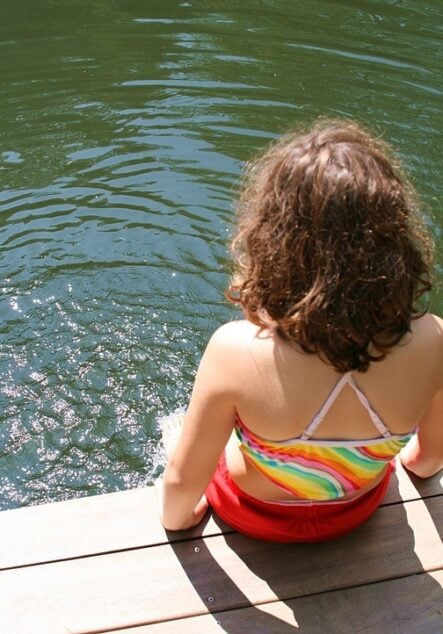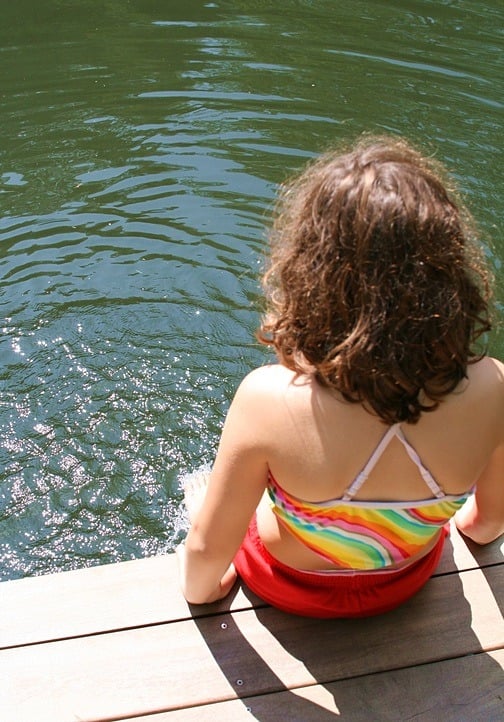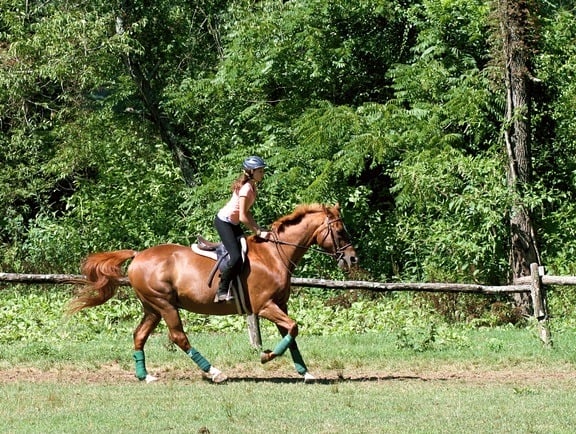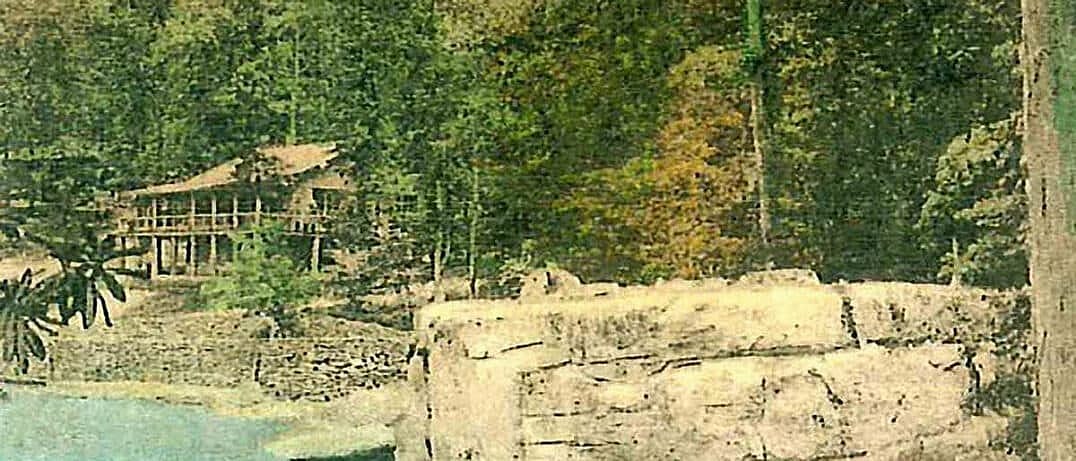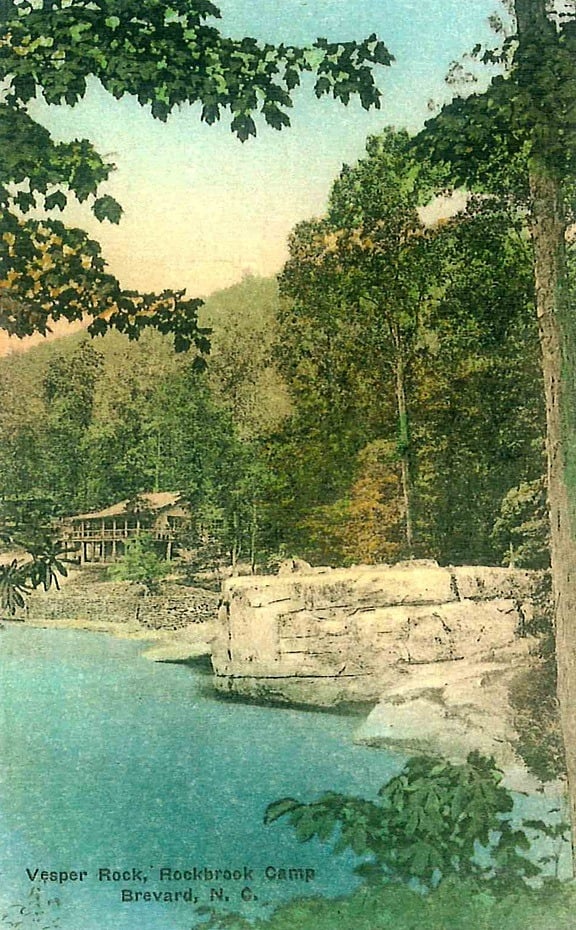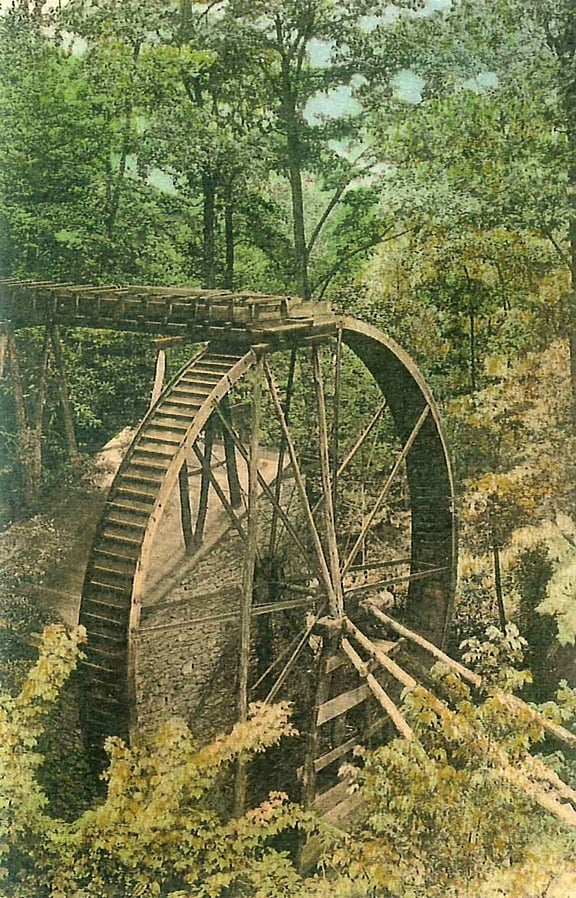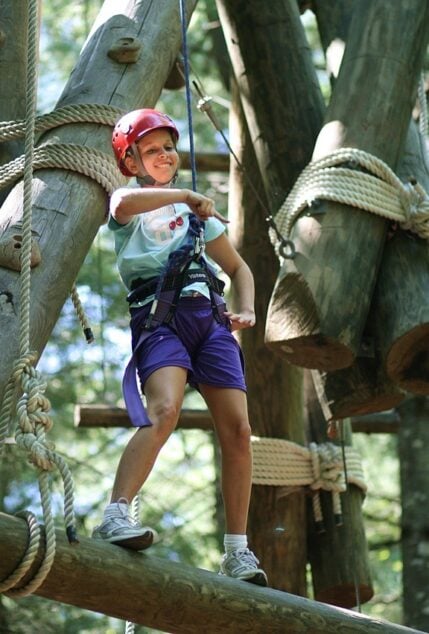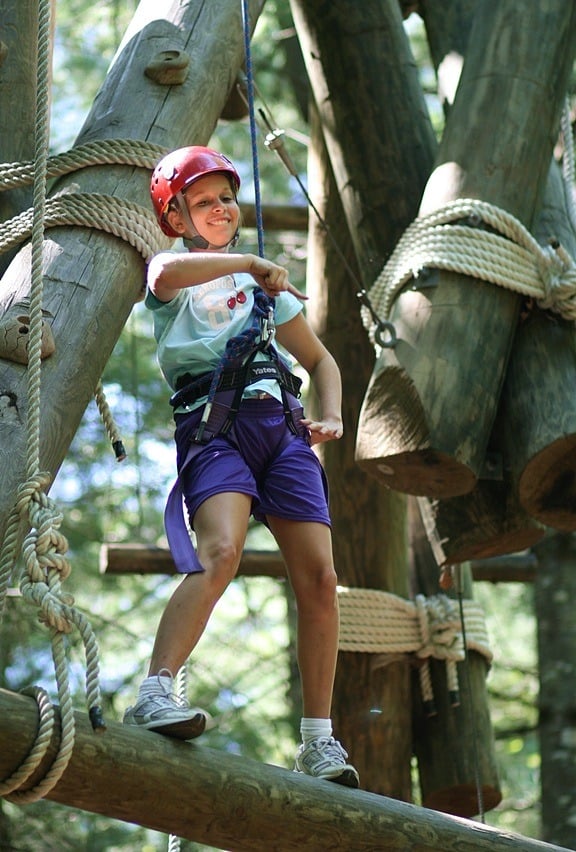When searching for summer camps, it’s always good to look at several to compare them and learn about which might best fit your child. You can spend a lot of time searching the Internet and reading different camps’ individual websites, but you can also visit one of the many summer camp directories out there. These are special sites designed to help sift through all the options. You can narrow the complete list of camps by region, by activity specialty, by gender, by type (sleepaway vs. day, e.g.), even by religion. As you enter your preferences, you’ll be presented with a more manageable list of camps to research in more detail, for example by requesting their catalogs and promotional DVDs.
Summer Camp Directories
Ah, but there are lots of summer camp directories out there too! So here are what we consider the top 5 camp directories to visit. Each is organized a little differently and will therefore yield somewhat different search results. Looking for a residential girls camp in the southeast? In addition to Rockbrook, each of these directories will reveal a range of options. After spending some time on these sites, you’ll have an excellent idea about which summer camp will be right for your child.
